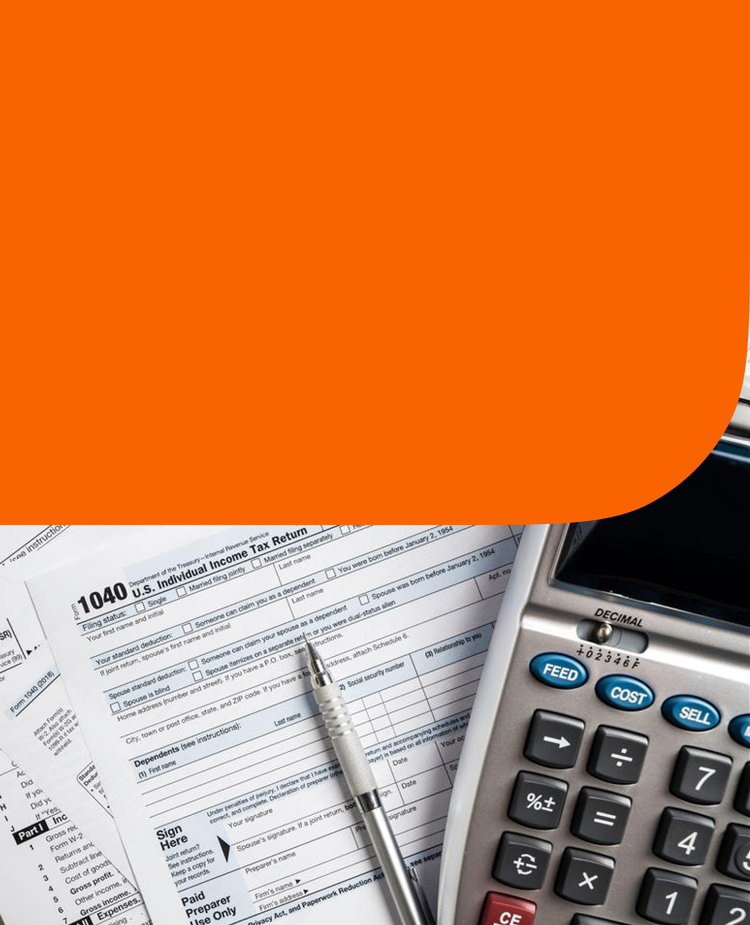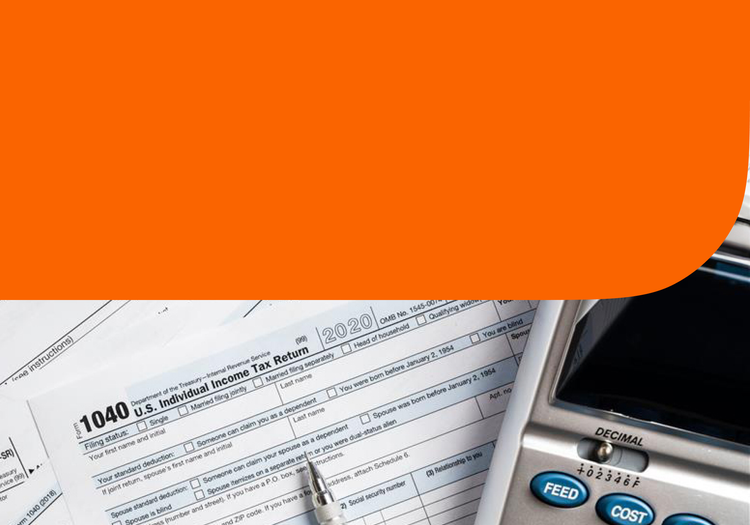


Express Lane{ca-indigo-700}
Do Taxes Affect Your Credit Score? 4 Things to Know.
Many people wonder, "Do taxes affect your credit score?" The short answer is no — your taxes don’t directly impact your credit score.
That’s because the Internal Revenue Service (IRS) doesn’t report tax payments or tax debt to the major credit bureaus. However, there are several indirect ways that taxes can influence your credit and overall financial health.
Understanding these connections can help you avoid costly mistakes and protect your credit score.
How taxes can indirectly impact your credit score
Unpaid taxes and tax liens
While the IRS stopped reporting tax liens to credit bureaus in 2018, unpaid taxes can still lead to financial troubles. This threat is why it’s important to set up an installment plan. If you fail to pay your tax debt, the IRS can file a Notice of Federal Tax Lien, a legal claim against any property you may have. With an installment plan, you’ll pay penalties and interest but can avoid a lien.
Although this lien won’t appear on your credit report, it remains a public record that lenders can access, making it harder to secure loans. If the IRS does file a tax lien against you, paying your tax debt in full will release the lien within 30 days.
Debt-to-income ratio
Although your debt-to-income ratio (DTI) isn’t a direct factor in calculating your credit score, it’s still critical to your financial health. If you owe a significant amount in taxes and don’t pay it off, it adds to your total debt. This debt increase can make lenders hesitant to approve new credit applications because a high DTI suggests you may struggle to manage additional debt. Aim to have a DTI under 36% to be on the safe side.
Financial strain from taxes leading to missed payments
Struggling to pay taxes could force you to cut corners on other financial obligations. Missing payments on credit cards, loans, or utility bills can negatively affect your credit score. Since payment history makes up 35% of your FICO score, even a few missed payments can significantly impact you.
Paying taxes with a credit card
Before paying your taxes using a credit card, consider the consequences. Charging a large tax bill can increase your credit utilization ratio, directly affecting your credit score. High balances that hover near your credit limit can lower your score, and if you can’t pay off the balance quickly, interest charges will add up, leading to more debt and potential financial strain. Instead, you might want to request an installment plan from the IRS.
Can a tax refund improve your credit?
While tax refunds also don’t directly impact your credit score, how you use that money can. Here are a few smart ways to use your refund to strengthen your credit:
- Pay down debt: When you put your refund towards credit card balances or loans, you can improve your credit score by lowering your credit utilization ratio.
- Catch up on bills: Using the refund to get ahead on bills keeps you from missing payments, which helps you maintain a good credit score.
- Start or build an emergency fund: Setting aside savings can prevent you from turning to credit cards or loans when unexpected expenses arise.
- Put it toward a down payment: If you’re in the market for a car, using your refund for a down payment can lower your loan amount and monthly payments, making financing more manageable.
Why staying on top of your taxes matters
Even though the IRS doesn’t report your tax payments or debts to credit bureaus, how you handle your tax obligations can have serious indirect effects on your credit. Unpaid taxes, tax liens, and financial strain can impact your ability to manage other debts, leading to missed payments or increased credit utilization.
Fortunately, with careful planning — paying taxes on time or setting up payment plans — you can avoid these pitfalls and maintain a strong credit profile. To be safe, use AnnualCreditReport.com to check Equifax, Experian, and TransUnion for reporting errors. If a tax lien was mistakenly reported after 2018, you can dispute it with the credit bureaus.
If you’re concerned about your credit ahead of purchasing a vehicle, you can always start the pre-qualification process for auto financing online.